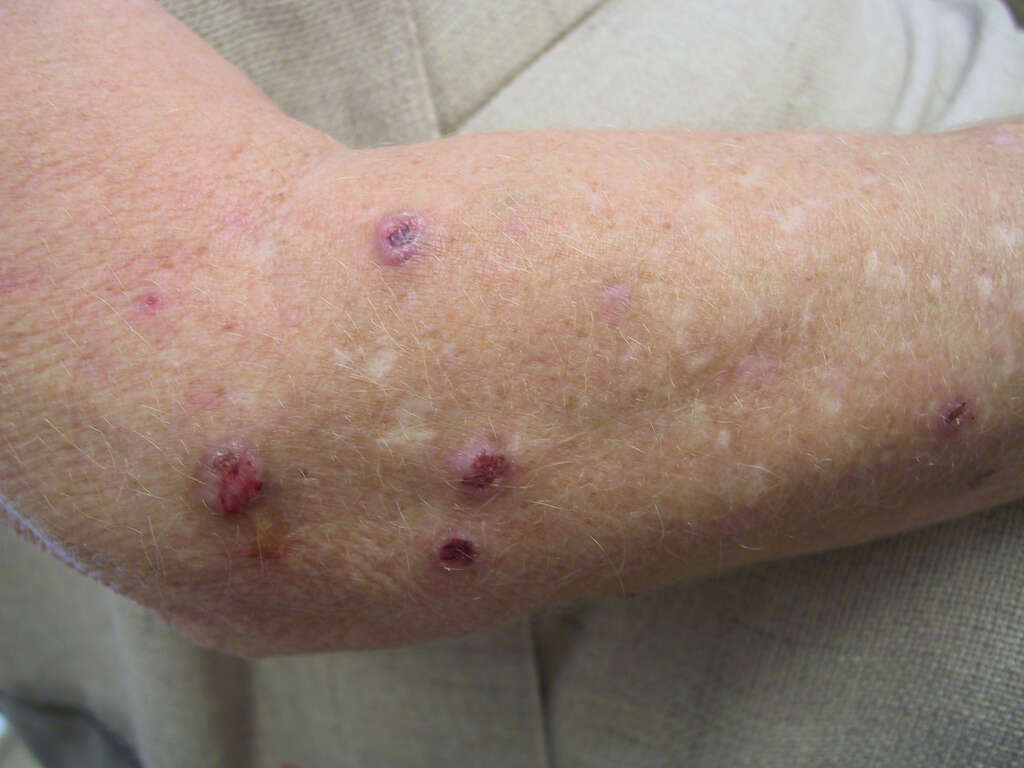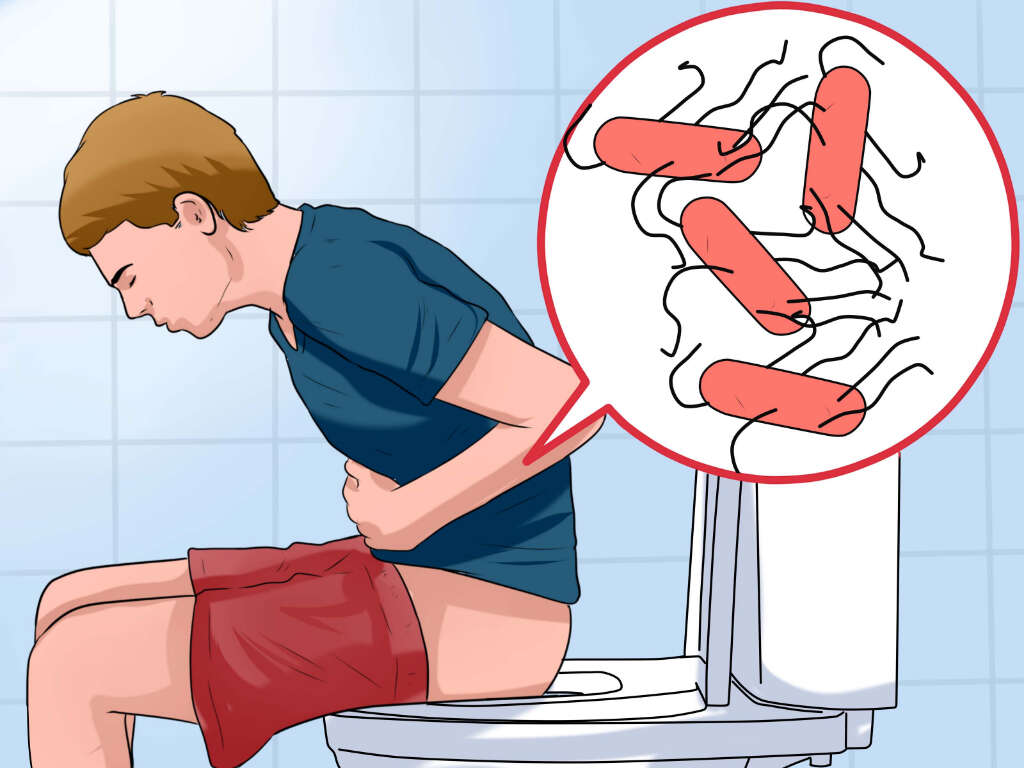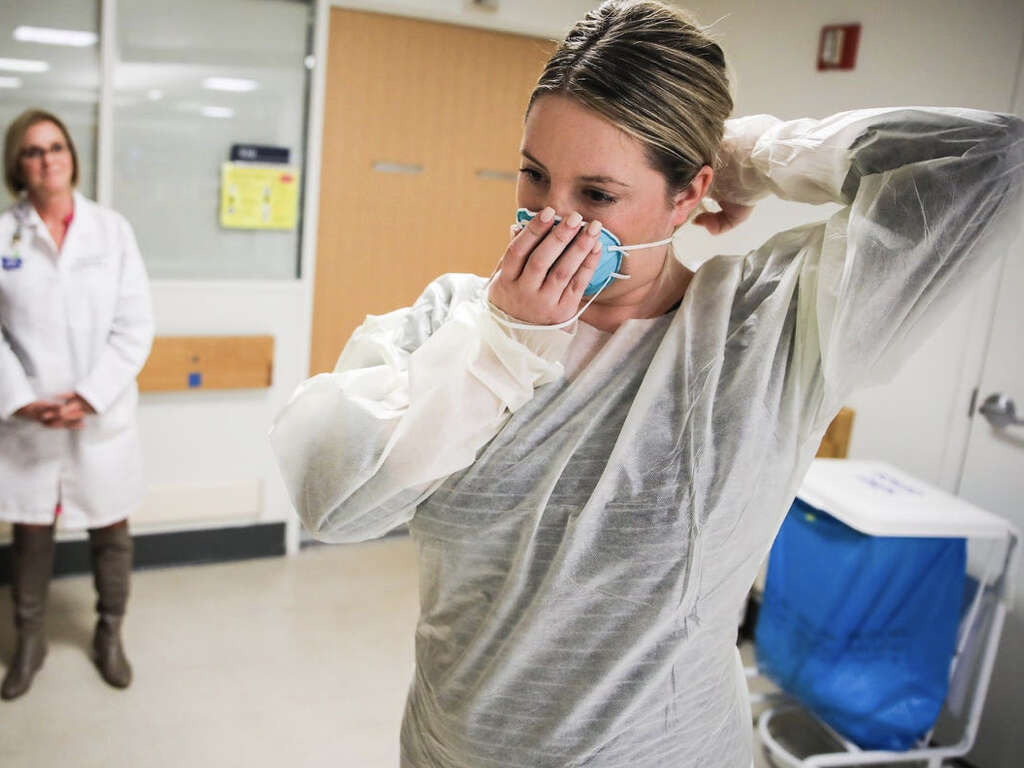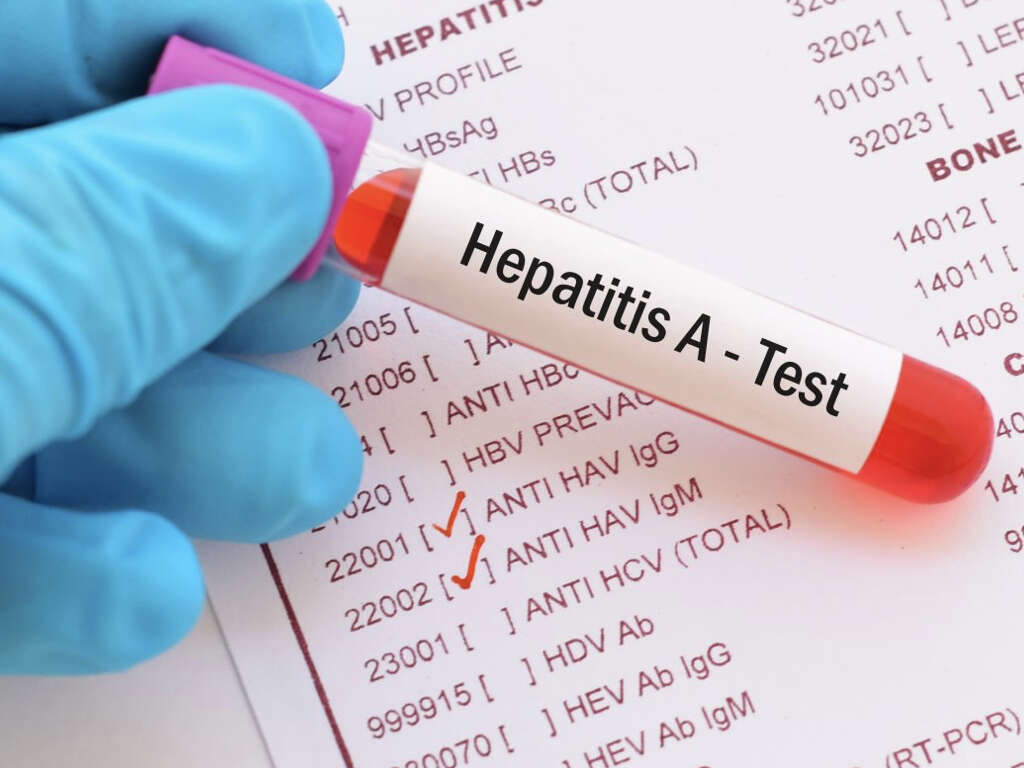10 Hepatitis B Symptoms
Hepatitis B is an infectious condition caused by the hepatitis B virus. It can lead to an acute and chronic infection. Many individuals are asymptomatic during the initial infection, and symptoms may take 30 to 180 days to occur. Initial symptoms usually resolve in a few weeks and rarely lead to death.
The hepatitis B virus is transmitted through exposure to infectious bodily fluids, such as blood. In areas where the disease is common, contact with bodily fluids is the commonest method of transmission. In areas with a low prevalence, the commonest routes of infection are sexual intercourse and intravenous drug use. Those working in health care, undergoing dialysis, receiving blood transfusions, living in an institution, living with an infected person, and those who travel to areas where the disease is prevalent are at a higher risk of infection. Acupuncture and tattoos contributed to the significant increase of cases in the 1980s, but it is now less common since society now recognizes the importance of sterility.
Diagnosis can be made several weeks after exposure through blood tests to detect antibodies and parts of the virus. Since 1982, vaccinations have been available for prevention of the disease. The World Health Organization recommends vaccination for hepatitis B during the first day of life, with two to three additional doses later on. As of 2006, 180 countries have the vaccine as part of their national programs. All blood and blood products are tested for hepatitis before using it for transfusion. Condoms are also recommended to prevent infection.
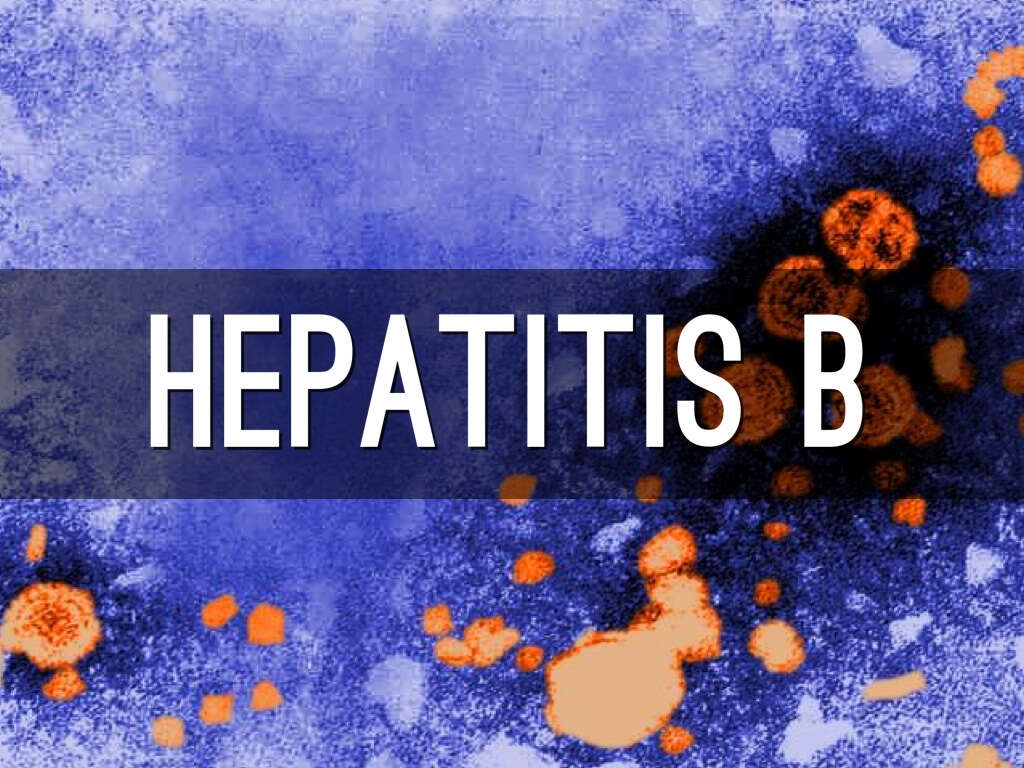
Symptom #1: Loss of Appetite
Loss of appetite is known medically as anorexia. It is a nonspecific symptom that is often seen in many conditions, such as acquired immunodeficiency syndrome (AIDS), pregnancy, viral hepatitis, pneumonia, cancer, anxiety, celiac disease, dehydration, and metabolic disorders.
It is commonly associated with other constitutional symptoms, such as weight loss, nausea, and vomiting. Those with a prolonged loss of appetite are susceptible to electrolyte imbalances and sudden cardiac death. Care should be taken to avoid refeeding syndrome.

Symptom #2: Nausea and Vomiting
Nausea is a sensation of unease and discomfort that often includes an urge to vomit. Vomiting is the involuntary and forceful expulsion of stomach contents through the mouth and sometimes the nose. It is also known as puking, throwing up, or barfing.
Both nausea and vomiting are often seen in many conditions, such as infections, pregnancy, chemotherapy, celiac disease, and food poisoning, or as side effects of medication. The treatment and management of nausea and vomiting depend on the underlying cause.

Symptom #3: Body Aches
Body aches, or myalgia, are a form of muscle pain. The symptom is observed in many diseases, such as viral infections, nutritional deficiencies, metabolic myopathy, and chronic fatigue syndrome. The commonest causes of myalgia are the overuse of muscles, injury, or strain.
Body aches can sometimes be caused by joint pain (arthralgia). Arthralgia is also a nonspecific symptom seen in many conditions. In most cases, once the infection resolves, both the myalgia and arthralgia subside.

Symptom #4: Fever
Fever refers to the elevation of the set point of body temperature. It is a nonspecific symptom that can be caused by an infection. When the set point of body temperature increases, the body tries to reach the higher temperature. A feeling of coldness, or chills, often accompanies a fever.
The repeated muscle contractions caused by shivering help increase body temperature as the body continuously tries to produce and conserve more heat. In younger children, a fever can occasionally result in febrile seizures.

Symptom #5: Dark Urine and Pale Stools
Normal urine is usually straw-colored while stools are shades of brown. In a hepatitis B infection, the urine may become dark and stools may become pale or light-colored. Once the liver is no longer functioning properly, the buildup of bilirubin is excreted through the urine instead of the stool, making the urine dark.
The color of the stools is from bile salts that are released by the liver. The treatment can involve medication, surgery, or supportive treatment, depending on the underlying cause.

Symptom #6: Jaundice
Jaundice, or icterus, refers to the greenish or yellowish pigmentation of the eyes and skin due to the high levels of bilirubin in the body. Jaundice is commonly associated with other symptoms, such as pruritus, pale stools, and dark urine.
There are many causes of jaundice, such as the excessive breakdown of red blood cells, Gilbert’s syndrome, newborn jaundice, thyroid issues, cirrhosis, medications, bile duct blockage, hepatitis, leptospirosis, and malaria. Its treatment depends on its underlying cause.
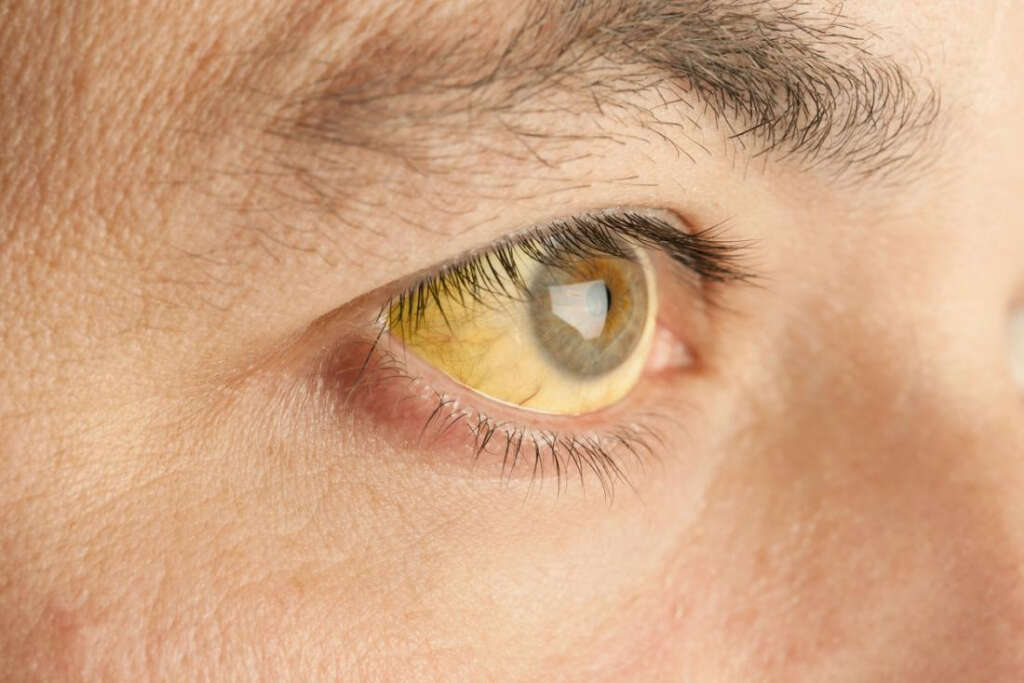
Symptom #7: Itchy Skin
Itching, or pruritus, is the sensation, urge, or reflex to scratch. It is an unpleasant sensory experience that researchers have likened to pain. While pain causes a withdrawal reflex, itching results in a scratch reflex.
The stimulus of an object on or underneath the skin causes the urge to remove it. Some causes of pruritus include autoimmune diseases, certain cancers, and drug reactions. In hepatitis, it is believed that the buildup of bile salts causes itching and jaundice when the liver is no longer able to eliminate waste.

Symptom #8: Fatigue
Patients suffering from a Hepatitis B infection may experience fatigue as one of the early symptoms. It is associated with the acute phase of the disease and it can be very annoying for the patient.
As the disease resolves, the patient usually starts to feel better.
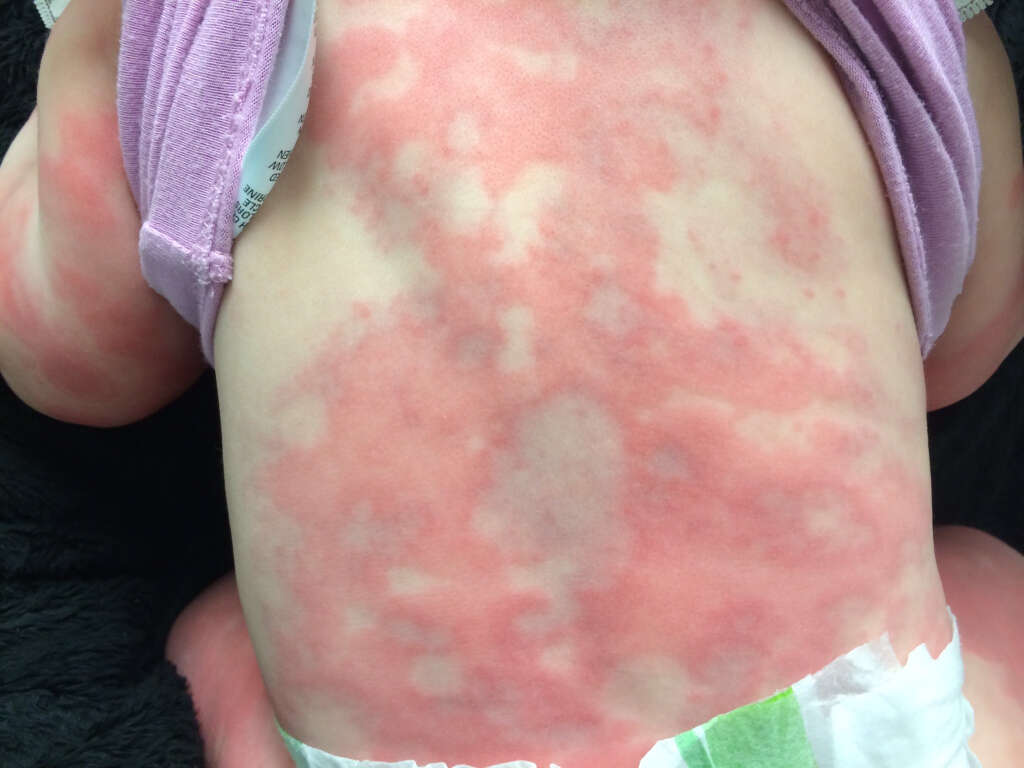
Symptom #9: Abdominal Pain
This is a non-specific symptom associated with Hepatitis B. Usually the pain is located in the upper right quadrant of the abdomen. As the liver becomes inflamed, the capsule surrounding it becomes distended causing pain.
If you are experiencing this symptom, you should seek medical attention for proper diagnosis.
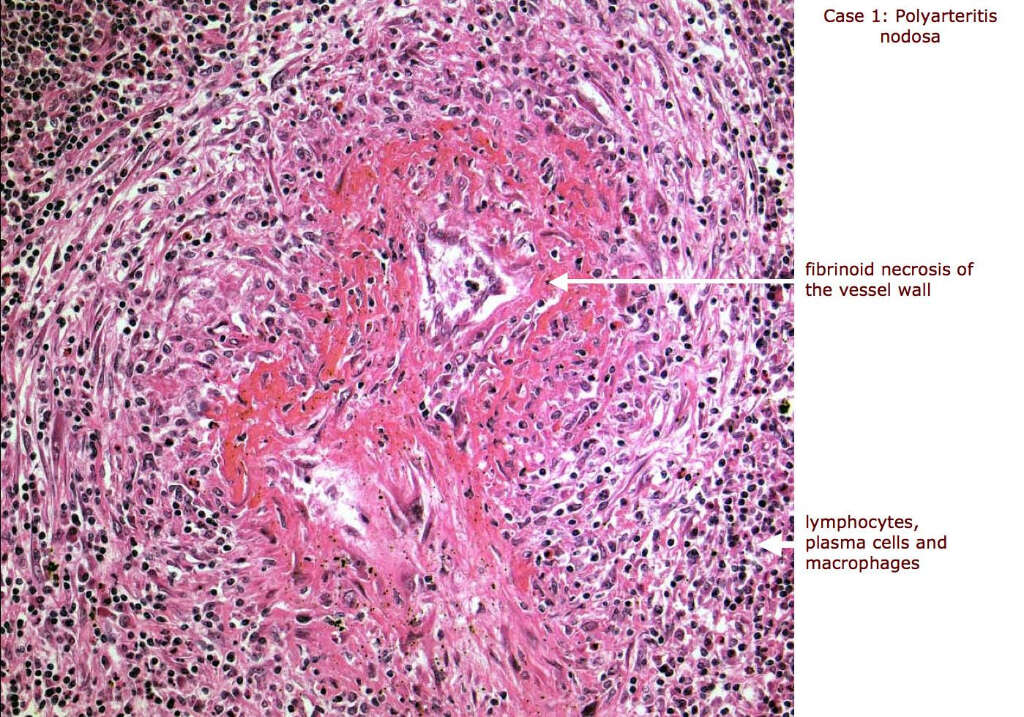
Symptom #10: Altered Sense Of Taste
This is a non-specific symptom associated with the early stages of hepatitis B, otherwise known as the prodromal phase. Usually, the sense of taste and smell are affected and this may cause food aversion.
This symptom should disappear once the infection is gone.




